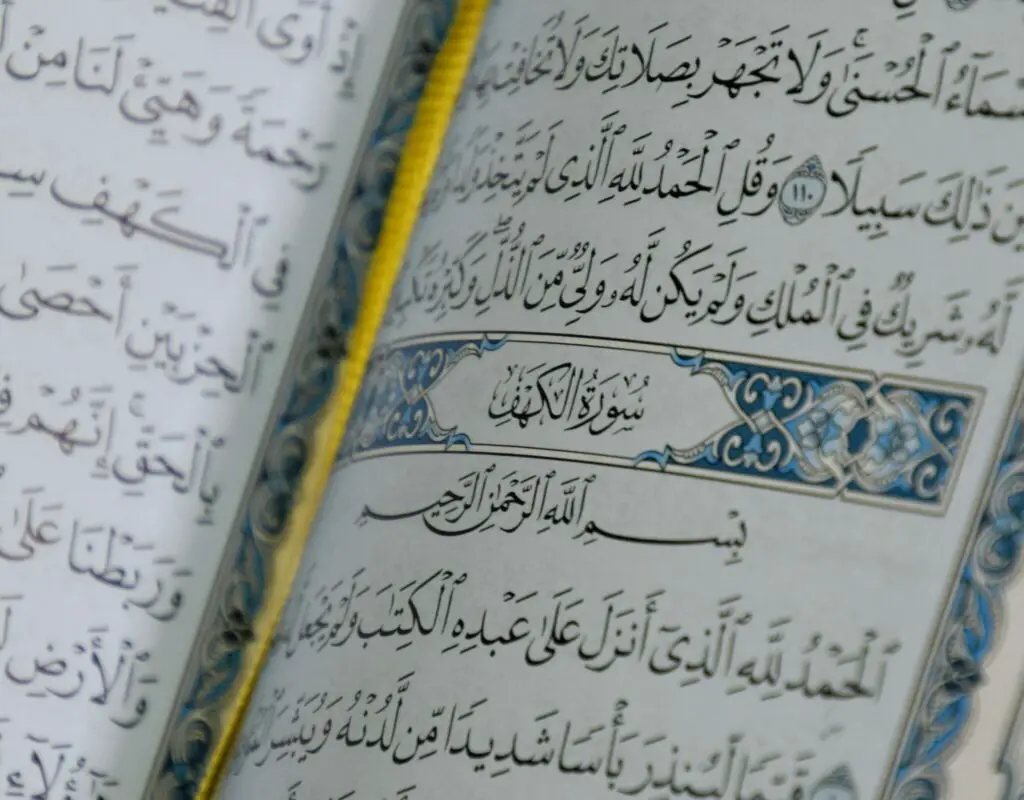Introduction
Islam is one of the world’s oldest religions, with an estimated 1.8 billion followers worldwide. But when did Islam actually begin? To answer this question, we must look at the life of the Prophet Muhammad, who is credited with founding the religion. We must also examine the early history of the Islamic faith, and how it spread throughout the world. In this blog post, we will explore the origins of Islam and how it has evolved over the centuries.

The Life of the Prophet Muhammad
The life of the Prophet Muhammad is a key part of understanding the origin of Islam. Muhammad was born in 570 CE in the city of Mecca, which is now located in Saudi Arabia. He was born into a poor family and was orphaned at a young age. As a young adult, he worked as a merchant and eventually became a successful businessman.
At the age of 40, Muhammad began to receive revelations from God, which he believed to be the words of Allah. These revelations were written down and eventually became the Quran, the holy book of Islam. Muhammad spent the rest of his life preaching the message of Islam and building a community of believers. He died in 632 CE, and is buried in Medina, Saudi Arabia.
The Spread of Islam
After the death of the Prophet Muhammad, his followers spread the message of Islam throughout the Middle East and beyond. In 634 CE, the Islamic Caliphate was established, which was a political and religious state ruled by a caliph. This allowed the Islamic faith to spread quickly, as it was now a unified state with a powerful leader.
The Islamic faith continued to spread throughout the world over the next few centuries, with its followers establishing a presence in Europe, Africa, and Asia. By the end of the 16th century, Islam had become the world’s largest religion, with an estimated 1.5 billion followers.
The Growth of Islamic Art and Culture
The spread of Islam also had a profound impact on the art and culture of the world. Islamic art was heavily influenced by the teachings of the Quran, and featured intricate patterns and geometric designs. Islamic architecture was also heavily influenced by the religion, with mosques featuring elaborate domes and minarets.
The Islamic faith also had a major impact on literature, with the Quran being translated into many languages and becoming one of the most widely read books in the world. Islamic scholars also wrote extensively about philosophy, science, and medicine, which helped to shape the intellectual landscape of the world.
The Impact of Islam on the World
Today, Islam is still one of the world’s major religions, with an estimated 1.8 billion followers worldwide. The religion has had a major impact on the world, from its art and architecture to its literature and philosophy. The Islamic faith has also had an impact on politics, with many countries in the Middle East and North Africa being majority-Muslim.
Conclusion
The origins of Islam can be traced back to the life of the Prophet Muhammad, who is credited with founding the religion. After his death, his followers spread the message of Islam throughout the world, and it eventually became the largest religion in the world. Today, Islam still has a major impact on the world, from its art and culture to its politics.”